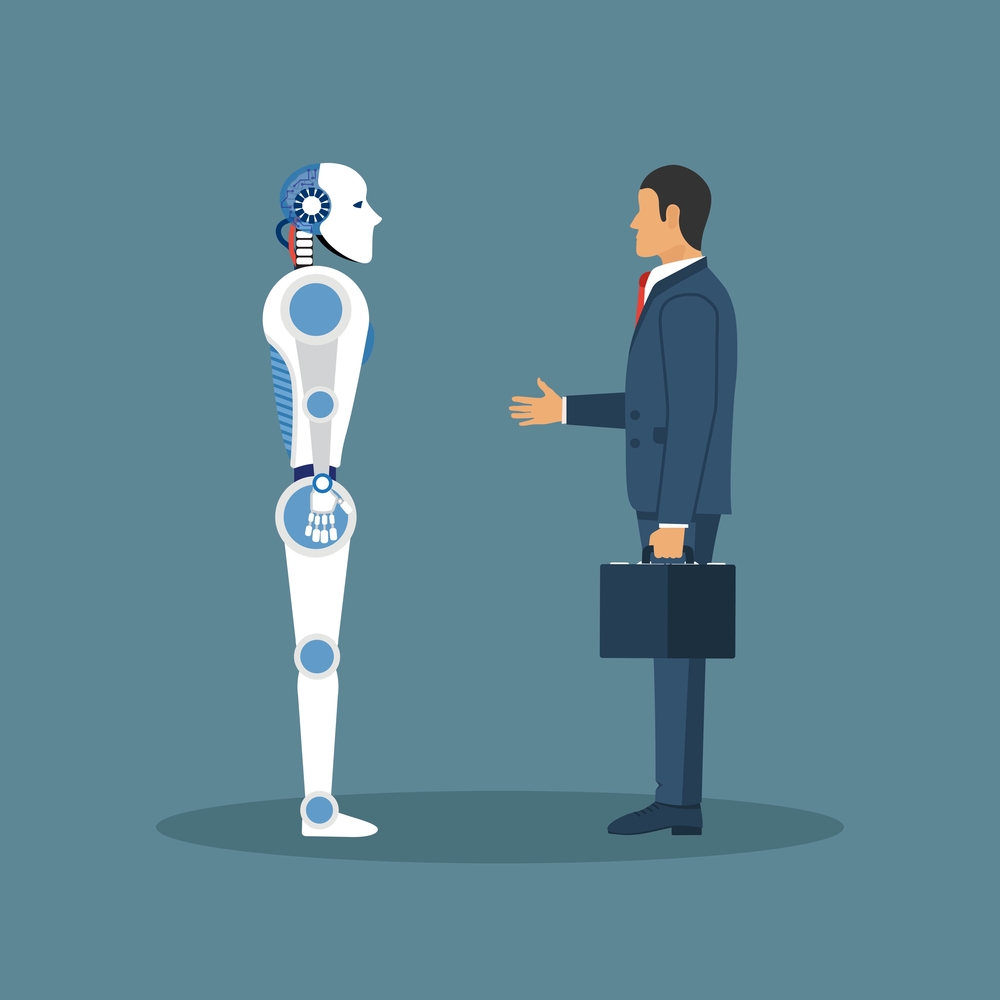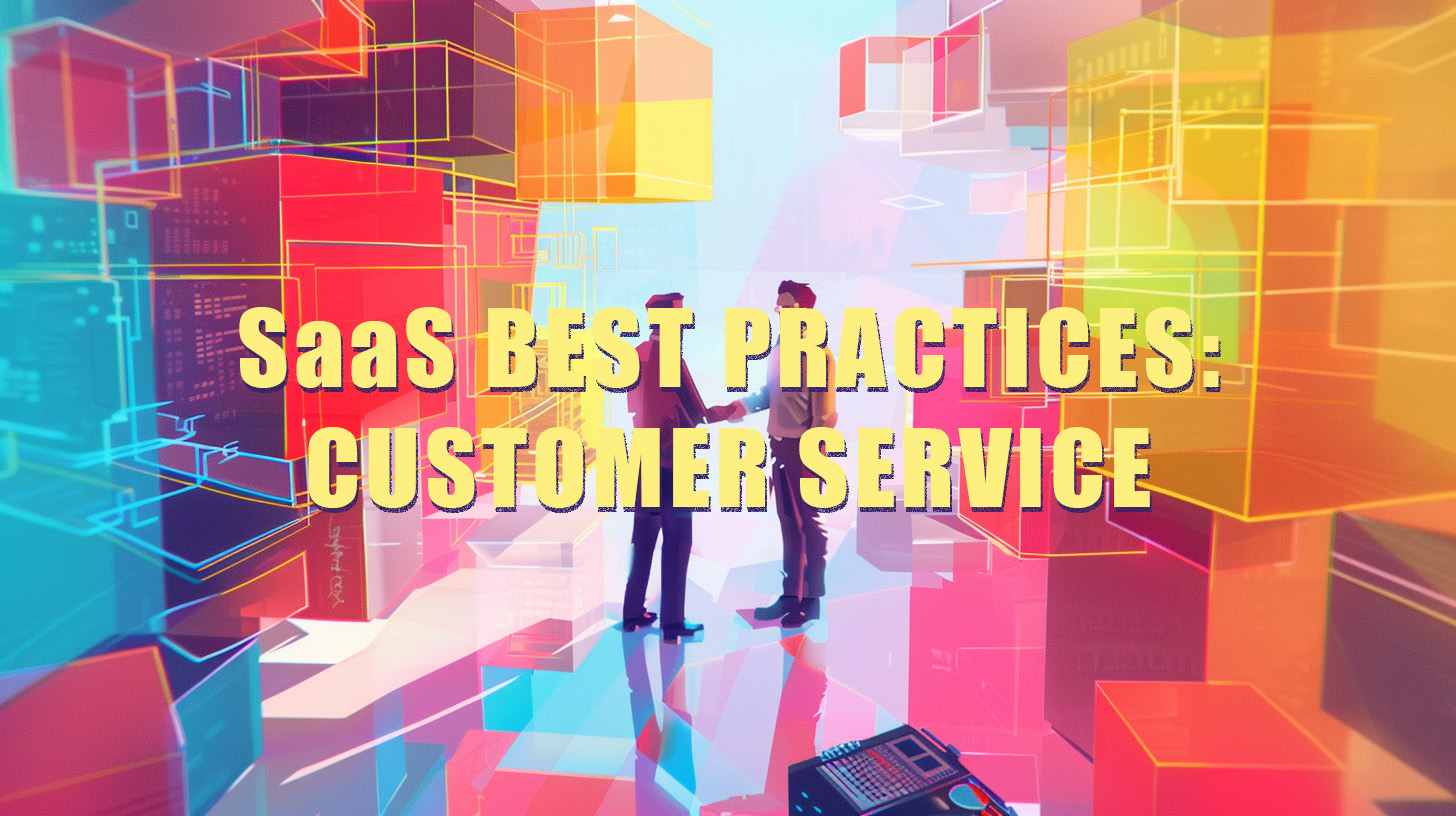
Empowering the Workplace: How AI and LLMs Revolutionize Productivity and Efficiency
Jun 30, 2023 4 minutes
Among the rapid technological advancements that drive our digital world, Artificial Intelligence (AI) and large language models stand as pioneers, spearheading this transformative wave that is reshaping industries, economies, and societies.
AI, once a concept limited to the realm of science fiction, is now a tangible, powerful tool that permeates our daily lives. Its applications span a broad spectrum, from simple tasks like personalizing our music recommendations, to complex ones such as predicting climate patterns.
One crucial area where AI is making an indelible impact is education and learning. It’s changing how we learn, what we learn, and when we learn, breaking down traditional barriers to knowledge and enabling us to explore innovative methods of acquiring new skills.
Within this evolving landscape, the potential of AI in the workplace has sparked significant interest. Imagine a work environment where training is personalized to each employee’s needs, where answers to complex problems are available at our fingertips, and where repetitive tasks are automated, allowing us to focus our cognitive energies on tasks that truly require human creativity and judgment.
This is not a distant future scenario, but an attainable reality.
The Power of AI in Learning and Development
In order to appreciate the value that Artificial Intelligence brings to workplace learning and development, it’s important to first understand the concept of AI, machine learning, and large language models, and how these tools have revolutionized the learning process.
Artificial Intelligence refers to machines or software that mimic human intelligence, learning from experience, adapting to new inputs, and executing tasks that usually require human intellect. One of the most fascinating AI applications is in large language models like GPT-4 by OpenAI. These models have been trained on vast amounts of text data and can generate human-like text, providing information, answering queries, and even offering tutorials.
So, what are the benefits of AI in the workplace?
For starters, AI enables adaptive learning, where the learning experience is personalized to each individual. It considers the learner’s knowledge level, skills, and learning pace to deliver tailored educational content.
In a workplace scenario, this could mean customized training programs for each employee, addressing their unique skill gaps and learning preferences. This can be done as simply as using an natural language AI chatbot app or bot, like those powered by ChatGPT.
The result? More engaged learners, better retention of information, and improved application of new knowledge and skills on the job.
Moreover, AI enhances accessibility and flexibility in learning. With AI-powered platforms, learning is not confined to a physical space or fixed schedule. Employees can learn anytime, anywhere, at their own pace. They can ask questions and get instant answers from AI, making learning an on-demand service.
Finally, AI plays a critical role in data-driven learning. It can analyze an employee’s performance data to identify strengths and weaknesses, providing valuable insights for both the learner and the trainer. This data can then be used to further refine and streamline the learning process.
Sell an AI product? You need a merchant account that matches your risk level.
AI as a Productivity Booster in the Workplace
Artificial Intelligence isn’t just about enhancing employee training; it’s a catalyst for overall productivity in the workplace. By speeding up the learning process, aiding in knowledge management, and automating repetitive tasks, AI can be a game-changer in enhancing efficiency.
Below are the most substantial benefits of artificial intelligence for the workplace.
Speed and Efficiency
Traditional training methods can be time-consuming and may not always align with the fast-paced nature of modern businesses. AI accelerates the learning process by providing instant responses to queries and personalized learning pathways.
This results in quicker skill acquisition, less downtime, and increased productivity. Further, by leveraging AI’s capabilities in data analysis, companies can identify skill gaps and other areas of improvement more quickly, leading to more timely and effective interventions.
Knowledge Management
In today’s information age, effective knowledge management is crucial for any business. The use of AI can aid in organizing, storing, and retrieving vast amounts of information in an efficient manner.
With AI, employees can access relevant knowledge quickly without having to wade through irrelevant information. This reduces the time spent searching for information and ensures that employees have the knowledge they need when they need it, thereby enhancing decision-making, problem solving, and productivity.
Elimination of Repetitive Tasks
One of the significant advantages of AI is its ability to automate simple, repetitive tasks. These could include anything from scheduling meetings to organizing files. By taking over these mundane tasks, AI frees up employees’ time, allowing them to focus on more complex, higher-value tasks that require human creativity and judgment.
This not only boosts productivity but also increases job satisfaction, as employees can focus on more engaging and meaningful work.
AI as a Neutral Informer in the Office
In an ideal world, workplaces would be devoid of biases, and decisions would be driven solely by data and facts. However, the reality is that unconscious biases can sometimes creep into human decisions, affecting fairness and objectivity.
This is where AI steps in as a neutral informer, providing unbiased, data-driven insights that can facilitate better decision-making.
- Data-Driven Decisions – AI algorithms, when designed properly, are capable of processing massive amounts of data and presenting insights without any personal bias. Whether it’s about evaluating employee performance, allocating resources, or making strategic decisions, AI can provide neutral information that aids decision-making and avoids human error. By grounding decisions in data, businesses can ensure fairness and consistency.
- Conflict Resolution – When conflicts arise in the workplace, AI can play a role in providing objective information to resolve disputes. As a neutral informer, AI can present facts related to the conflict, free of any emotional biases, helping to resolve issues in a fair and transparent manner.
- Maintaining an Unbiased Work Environment – AI tools can be used to maintain a fair work environment. For example, they can be programmed to screen resumes without considering the candidate’s gender, race, or age, focusing only on their qualifications and experience. This can help minimize unconscious biases in hiring or human resources and promote a more diverse and inclusive workplace.
Potential Flaws
However, it’s important to note that AI systems are only as unbiased as the data they are trained on. Care must be taken to ensure that the training data is representative and free from biases.
Moreover, AI does not replace the need for human judgment and emotional intelligence in the workplace. Instead, it should be seen as a tool that aids humans in making fair and informed decisions.
AI might not be perfect, but your checkout can be. Start converting more now!
Challenges and Considerations in Implementing AI in the Workplace
While the benefits of integrating AI into the workplace are vast, it’s important to acknowledge the potential challenges and ethical considerations. Understanding these factors will allow businesses to prepare better and implement AI effectively and responsibly.
Data Privacy
AI systems rely on large data sets to function effectively. This raises concerns about data security and privacy, especially when dealing with sensitive employee information. Businesses must ensure that they follow strict data privacy practices, comply with regulations, and use secure, encrypted cybersecurity systems to protect data.
Cost and Integration
Implementing AI tools can involve significant investment in terms of purchasing or developing the technology and training employees to use it. Additionally, integrating these tools into existing systems can present technical challenges. It’s crucial for businesses to conduct a cost-benefit analysis and prepare a detailed implementation plan.
Workforce Adaptation
The introduction of AI can cause apprehension among employees, especially those who fear being replaced by automation. Businesses need to ensure transparent communication about the role of AI and how it is intended to augment, not replace, human workers. Providing adequate training and support can help employees adapt to the new technology and use it effectively.
Bias in AI
As mentioned earlier, AI is only as unbiased as the data it’s trained on. If the training data is biased, the AI system could inadvertently perpetuate these biases. Therefore, it’s crucial to ensure that the training data is representative and to regularly review and update AI algorithms.
The Future of AI in Workplace Learning and Development
The impact of AI on workplace learning and development is just beginning. As AI technologies continue to evolve and mature, their influence on employee training, productivity, and decision-making is likely to grow. Here are a few predictions for the future of AI in the workplace:
- Immersive Learning Experiences: With the advent of technologies like Virtual Reality (VR) and Augmented Reality (AR), AI could create immersive, interactive learning experiences. Employees could practice new skills in simulated environments, making training more engaging and effective.
- Predictive Analysis: AI could play a significant role in predicting future trends in workforce needs, helping businesses prepare better for the future. By analyzing data on job performance, skills gaps, and industry trends, AI can help companies anticipate future skills requirements and adapt their training programs accordingly.
- Improved Employee Well-being: AI tools could monitor various factors affecting employee well-being, such as workload, stress levels, and work patterns. By identifying potential issues early, companies can take proactive measures to improve employee satisfaction, health, and productivity.
- Continual Learning: As the pace of change accelerates, the need for continual learning becomes more critical. AI can support this by providing on-demand learning resources, real-time feedback, and personalized learning paths. This will enable employees to continuously upgrade their skills and adapt to changing job requirements.
- Greater Collaboration: AI can facilitate collaboration by connecting employees, sharing knowledge, and coordinating tasks. As workplaces become more distributed and diverse, AI can support effective communication and teamwork.
While these predictions paint an exciting picture of the future, they also highlight the need for businesses to stay updated with evolving AI technologies. Companies that invest in understanding and adopting AI will be better positioned to leverage its benefits, overcome challenges, and navigate the future of work.
Before Implementing AI, Ensure Your Current Business Model Is Ready
Artificial Intelligence is no longer a futuristic concept; it is here and is rapidly transforming our workplaces. From personalized employee training to improved productivity and decision-making, AI offers a myriad of benefits that can enhance efficiency, fairness, and performance in the business environment as well as improve the customer experience.
However, successfully integrating AI into the workplace requires thoughtful planning, careful implementation, and ongoing evaluation to navigate potential challenges and ethical considerations.
As we look ahead, the influence of AI on workplace learning and development is set to expand. Businesses that invest in understanding and leveraging AI will not only gain a competitive edge but also foster a culture of continuous learning, collaboration, and innovation.
In the same spirit of adopting advanced solutions, consider opening a high-risk merchant account with DirectPayNet. As a leading provider of high-risk merchant solutions, DirectPayNet can help you manage payment processing securely and efficiently.
Just as AI enhances your business operations, a high-risk merchant account can open new opportunities, allowing you to accept a wider range of payments, operate in high-risk markets, and enhance your financial security. It’s all about embracing the tools and technologies that position your business for success in today’s fast-paced digital world.
Reach out to DirectPayNet today, and let’s embark on this journey of growth and innovation together.
YOU NEED A PAYMENT PROCESS THAT HANDLES YOUR INCREASED SALES VOLUME. CONNECT WITH ONE NOW




